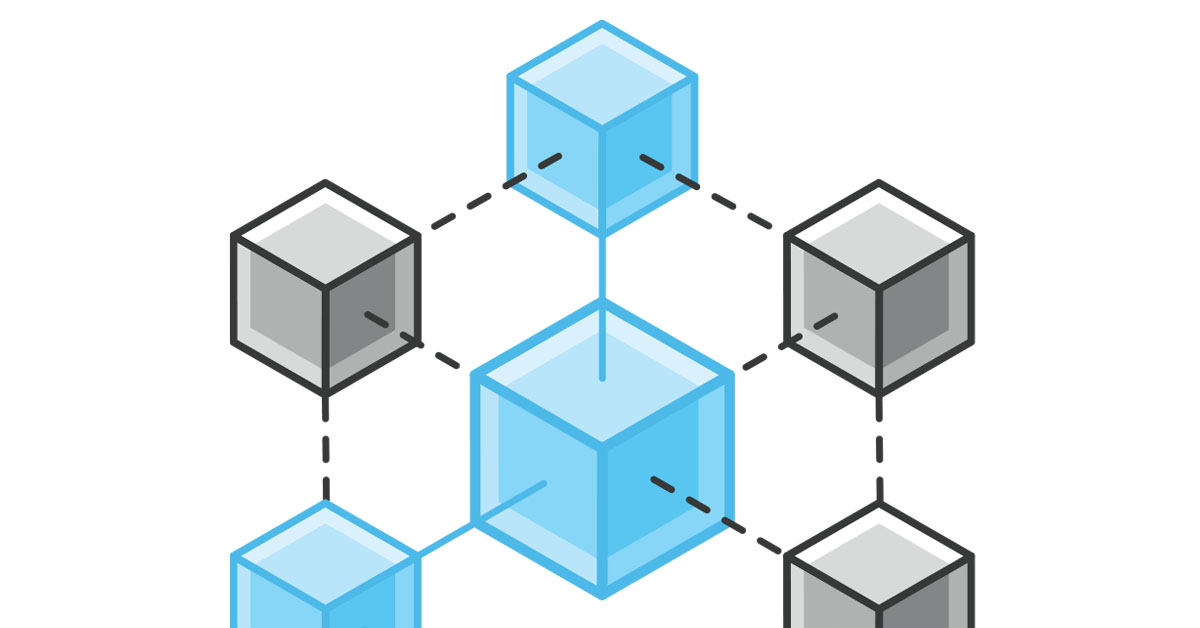
Blockchain Technology: The Key to Speeding Up the Mortgage Industry
Speed is not a term typically used to describe the mortgage industry. With lenders and brokers facing challenges in finding new deals, the focus has shifted towards marketing and lead-generation efforts instead of speeding up the lending process. However, finding ways to shorten the mortgage process is beneficial for borrowers, brokers, and lenders. One promising path to achieving this is through the adoption of blockchain technology.
According to a poll conducted by Fannie Mae in late 2021, only 25% of senior mortgage executives were “somewhat familiar” with blockchain, and 68% had not considered using it in their organizations. Blockchain technology is an advanced digital database that can be shared by all stakeholders in a real estate transaction. It has the potential to revolutionize the mortgage industry by increasing efficiency and transparency.
The current mortgage operating models are plagued by high costs and long cycle times. McKinsey & Co. estimated that the typical processor and underwriter close only 10 to 14 loans per month. This slow pace results in an average time of more than 45 days for an individual loan to make it from application to closing. These sluggish processes are costing lenders in multiple ways, with production expenses reaching a record high of $13,171 per loan in the first quarter of 2023.
The Mortgage Industry Standards Maintenance Organization (MISMO), a subsidiary of the Mortgage Bankers Association, released a white paper in June discussing the potential uses and benefits of blockchain technology in the mortgage industry. MISMO estimates that blockchain’s ability to serve as a “single source of truth” could reduce closing times by at least 30% and cut costs by at least 25%. The technology eliminates the need for time-consuming validation processes by securely storing important data such as credit scores, collateral values, and underwriting requirements.
Despite the potential benefits, the integration of blockchain technology is likely to be a bumpy and slow-moving process. Devin Caster, a former underwriter and principal of product solutions at CoreLogic, believes that the industry should be faster in processing loans despite regulatory hurdles. However, trust in the technology is essential for its successful implementation. If originators and underwriters do not trust blockchain, they will not rely on it, hindering the efficiency gains.
Although blockchain has not yet been widely adopted in the mortgage industry, there are already successful examples of its implementation. Figure Technologies has used blockchain to originate over $6 billion in home equity lines of credit, offering a 100% digital application process. Redwood Trust subsidiary CoreVest securitized $313 million in single-family rental loans with the help of blockchain provider Liquid Mortgage, which tracks daily loan-level payment activity.
While blockchain technology has limitations, such as its inability to directly reduce the time to close and its reliance on consumer engagement, it has the potential to revolutionize the mortgage industry by improving efficiency, transparency, and trust. As industry stakeholders become more familiar with blockchain and its benefits, its adoption is likely to increase, leading to a faster and more streamlined mortgage process.






